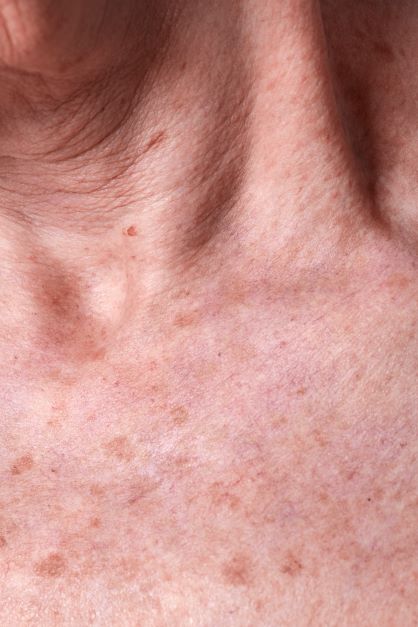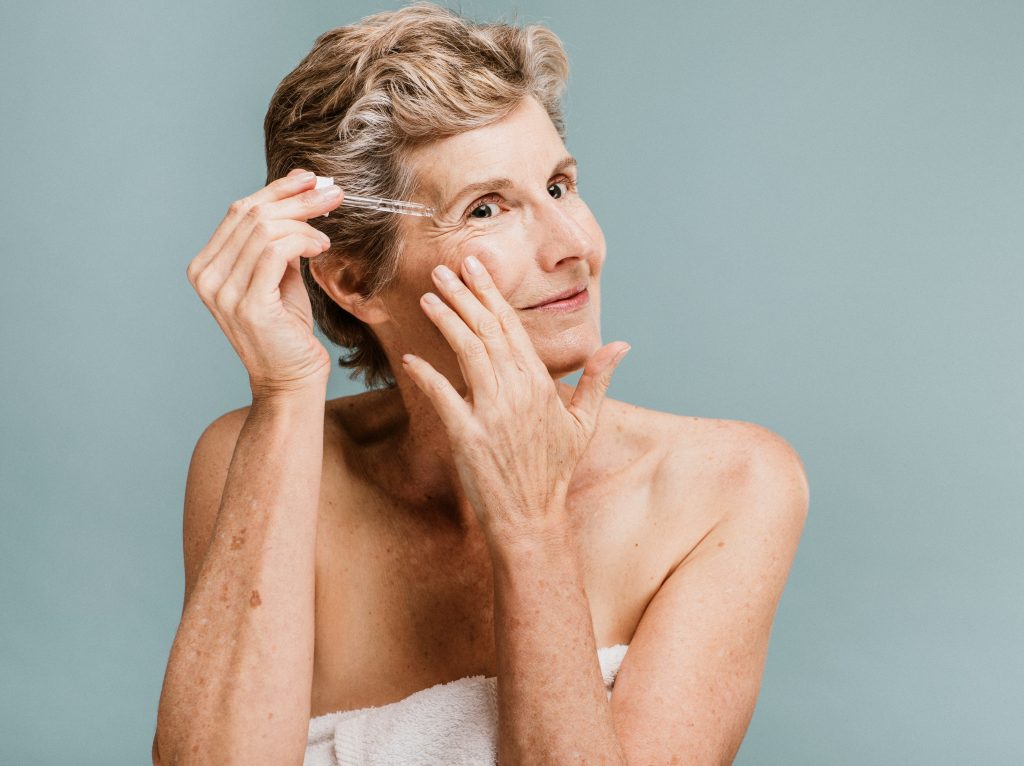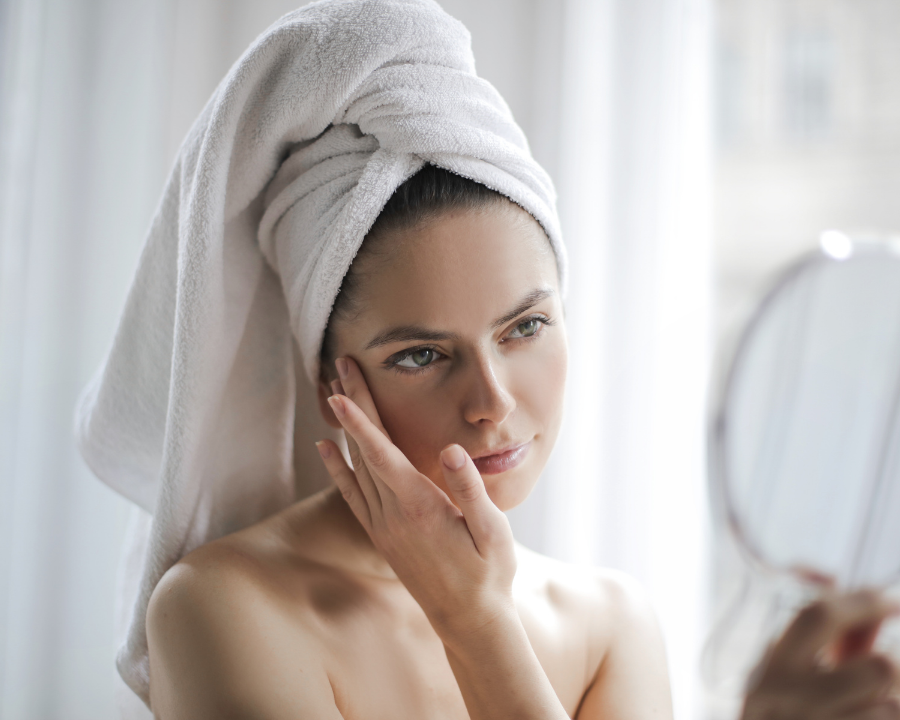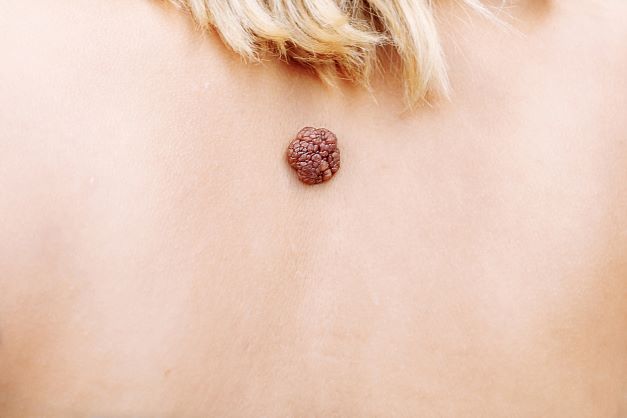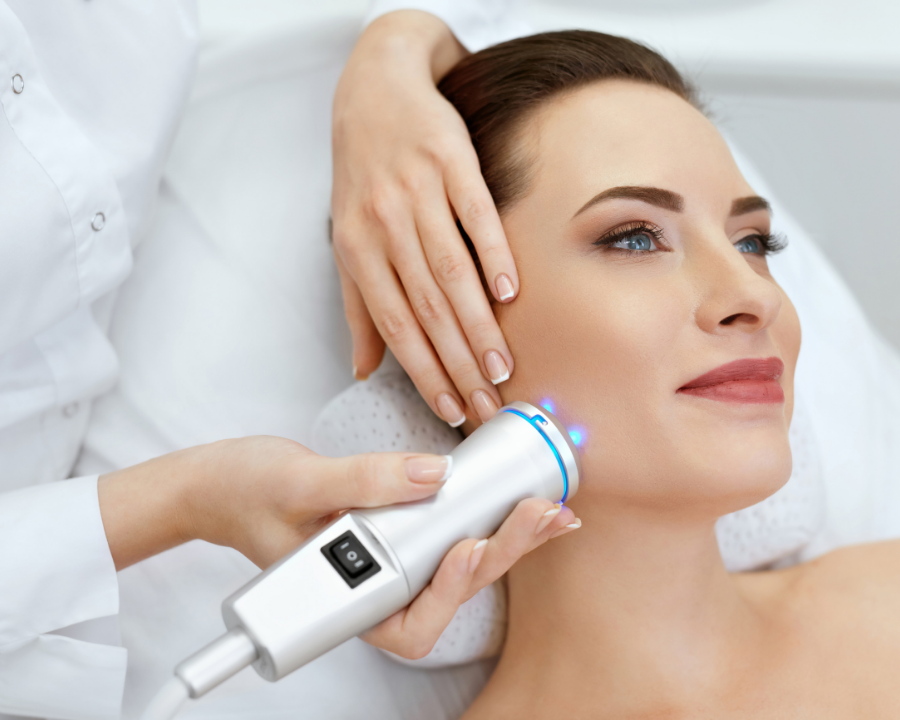Hyperpigmentation is a condition where the skin has an excess of melanin. Melanin is a substance in the body that produces hair, eye and skin pigmentation. The more melanin you produce, the darker your eyes, hair and skin will be. Hyperpigmentation happens due to the production of too much melanin in response to injury or inflammation. Hyperpigmentation can affect people of all races and ethnicities, but is more common in those with dark skin tones. It can also be seen as a result of pregnancy, aging, and hormonal changes.
Hyperpigmentation is typically classified into two types.
- Mild hyperpigmentation
- Severe hyperpigmentation
The severity of hyperpigmentation depends on how dark the skin becomes after it has been exposed to the sun or other sources of UV light for a long time. Mild hyperpigmentation is typically caused by hormonal changes and pregnancy. This type of hyper pigmentations can resemble acne, freckles, or age spots. Hyperpigmentation also can be the result of on-going inflammation and irritation as with acne vulgaris or rosacea. Severe hyperpigmentation is a result of blistering sunburn, skin grafts, or severe burns. It is typically treated with laser therapy.
How Can Hyperpigmentation be Managed?
Hyperpigmentation is a skin condition that causes dark spots on the skin. It is a common skin concern among women of color and affects their self-esteem.
However, hyperpigmentation can be managed with different treatments, such as laser therapy, chemical peels, and dermabrasion. Laser therapy uses light energy to treat hyperpigmentation along with melasma. Melasma is characterized as dark patches of skin that are caused by hormonal changes within the body. Light therapy helps promote collagen production and to help reduce excess melanin in the skin. There are numerous different laser types for different types of treatment. Chemical peels are a series of peels that use chemical agents (like hydroquinone) to remove the top layer of photo- aged skin and reveal new, more healthy skin below.
Dermabrasion is a procedure that uses a sand-like material to remove the top layer of an area of the skin. It can also be used to treat acne scars and other concerns on the face. Hyperpigmentation treatment options include:
- Laser therapy: light energy from laser therapy can target dark spots and acne scars. It’s also used to treat melasma.
- Skin bleaching is a treatment that helps remove brown spots and discoloration, it can also prevent new spots from forming.
Hyperpigmentation treatments typically require a medical professional to perform.
Best Products for Hyperpigmented Skin
Hyperpigmentation is the most common form of skin discoloration. It can be caused by a number of factors like sun exposure, hormonal changes, or certain medications.
Hyperpigmentation can be difficult to treat and often leaves behind a permanent dark spot. However, there are some products that help in reducing the appearance of hyperpigmented skin and can even prevent it from coming back again.
Some of the best products to use for hyperpigmented skin are lotions with SPF. Lotions with SPF in them help in protecting the skin from sun damage and slowing down the process of hyperpigmentation formation. Retinoids are another important ingredient that helps in reducing hyperpigmentation. They are also great at treating acne as well as preventing future breakouts. The use of hydroquinone is a chemical that retard the melanin production. This product is effective in lightening hyperpigmented skin and can be used alongside other treatments. Using sunscreen helps protect the skin from UV rays and significantly decreases hyperpigmentation. In addition to using sunscreen, you should also be using an SPF in your makeup. Lastly, hair removal cream. Many people don’t realize that removing hair can help decrease hyperpigmentation as well as inflammation caused by shaving cuts or razors.
SPF is the main product you want to be using to help with hyperpigmentation. SPF stands for sun protection factor. It’s a measure of how well a sunscreen protects against sunburns. The higher the SPF, the better protection it offers against UVB rays. Dark spots can develop on the skin because of excessive sun exposure.

